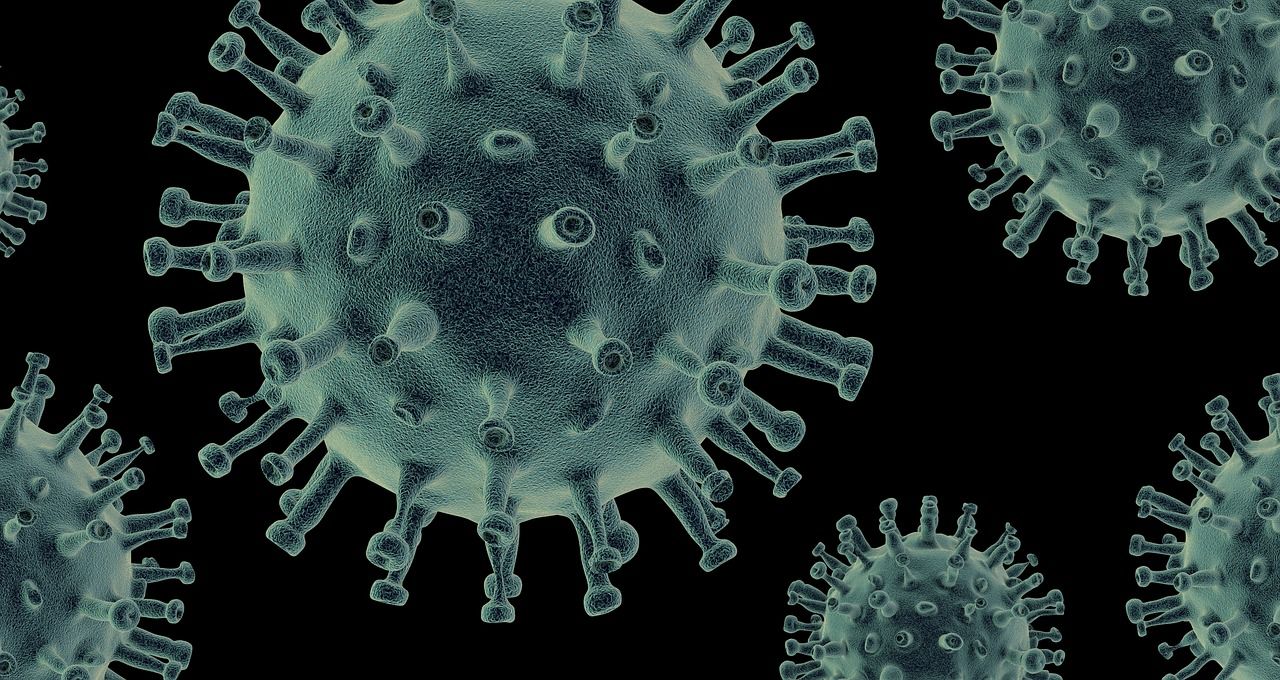Follow us on Google News (click on ☆)

Researchers from the Pasteur Institute, CEA, Inserm, Université Paris Cité, and Université Paris-Saclay, in collaboration with the Cochin Institute (Inserm/CNRS /Université Paris Cité), and with the support of MSD Avenir and ANRS MIE, have identified, using an animal model, an opportunity window to implement a treatment that fosters remission from HIV infection: initiating treatment at four weeks post-infection could lead to long-term virus control following the cessation of antiretroviral treatment pursued for two years.
These findings underline the importance of early detection and management as soon as possible for people with HIV. These results were published in the Nature Communications journal on January 11, 2024.
The study of the VISCONTI cohort, consisting of thirty subjects known as "post-treatment controllers," has proven the concept of a possible and enduring remission state for individuals living with HIV. These individuals underwent early treatment maintained for several years. Then, upon cessation of their antiretroviral treatment, they were able to control their viremia for a period exceeding 20 years in some cases. The VISCONTI study team had suggested at the time (in 2013) that starting treatment early could promote this virus control, but this remained to be demonstrated.
In this new study, scientists employed a primate model of SIV1 infection to control all parameters (sex, age, genetics, virus strain, etc.) that might impact the development of immune responses and disease progression. They compared individuals who received two years of treatment, either shortly after infection (in the acute phase), several months post-infection (in the chronic phase), or those who were not treated.
The reproducible results show that initiating treatment within four weeks following infection (as was the case for most VISCONTI study participants) significantly promotes viral control after treatment cessation. It is observed that this protective effect is lost if treatment is started just five months later.
"We demonstrate the association between early treatment and infection control after treatment cessation, and our study indicates the existence of an opportunity window to promote HIV infection remission," comments Asier Sáez-Cirión, head of the Viral Reservoirs and Immune Control unit at the Pasteur Institute, and co-principal author of the study.
Furthermore, scientists have shown that early treatment fosters the establishment of an effective immune response against the virus. The antiviral T CD8 cells developed in the first weeks of infection have, indeed, very limited antiviral potential. However, early and prolonged treatment promotes the development of memory T CD8 cells with a more significant antiviral capacity, thereby effectively controlling viral rebound after treatment cessation.
"We see that early treatment maintained for two years optimizes the development of immune cells. They acquire an effective memory against the virus, to naturally eliminate it during viral rebound after treatment cessation," explains Asier Sáez-Cirión.
These findings confirm the importance of early detection and management as soon as possible for individuals with HIV.
"Starting treatment six months post-infection, a timeframe already considered very short in our study, is currently seen as very prompt in the clinic, where most individuals with HIV start their treatment years after infection due to late diagnosis," observes Roger Le Grand, director of the IDMIT infrastructure and co-principal author of the study. "The effect of early treatment will be twofold: at the individual level, because early treatment prevents virus diversification within the organism and preserves and optimizes immune responses against the virus; and at the collective level, as it prevents the possibility of transmitting the virus to others," adds Asier Sáez-Cirión.
Finally, these findings should guide the development of new immunotherapies targeting immune cells involved in HIV infection remission.
Note:
1 SIV: The simian immunodeficiency virus exclusively affects non-human primates and mimics the key parameters of human HIV infection in animals.
These are the pioneer results of the p-VISCONTI study started in 2015 in collaboration with the aforementioned institutions and which received funding from MSD Avenir and the support of ANRS MIE within the RHIVIERA consortium.